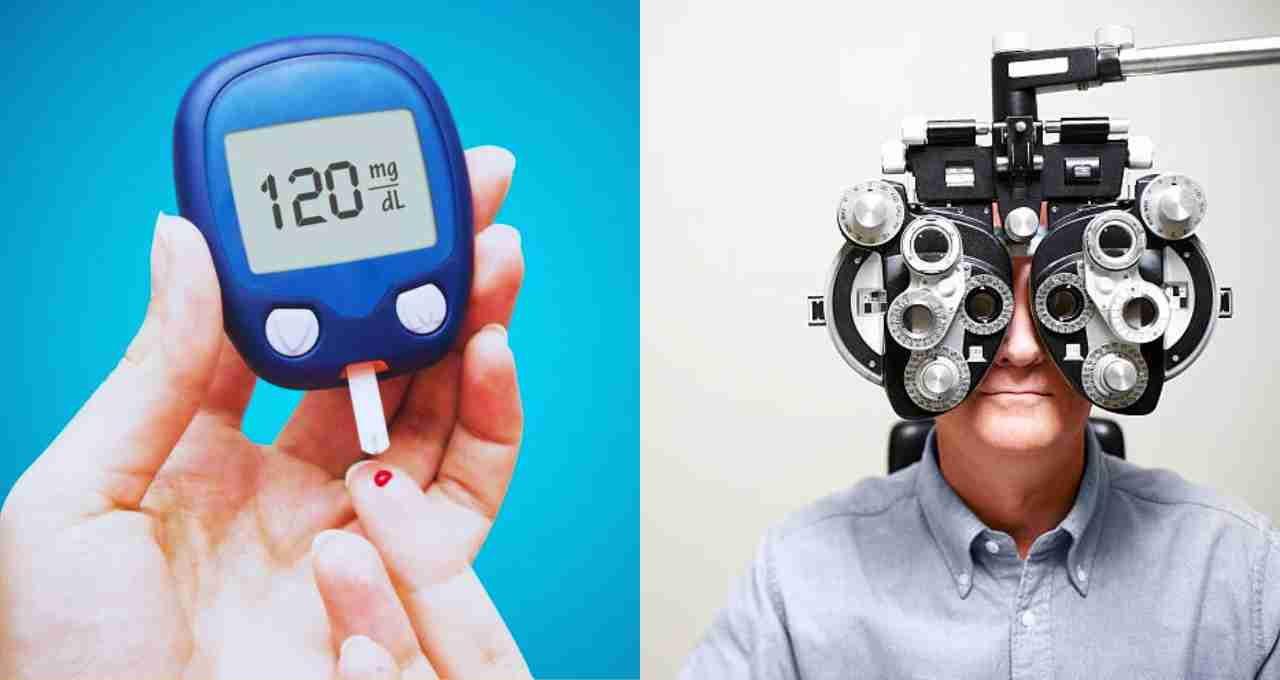Weight loss has transitioned from a mere health concern to a significant societal pressure. Amidst the influence of social media, Bollywood-Hollywood celebrities, and fitness trends, certain medications—Ozempic, Wegovy, and Mounjaro—are gaining prominence. These drugs are touted for their dual efficacy in managing obesity and type 2 diabetes. However, a new concern has emerged: could they negatively impact eyesight?
What are these medications?
- Ozempic: Originally developed for treating type 2 diabetes, it controls blood sugar by enhancing insulin sensitivity.
- Wegovy: A higher-dose version of Semaglutide, specifically approved by the FDA for weight loss.
- Mounjaro: A newer generation drug targeting both GLP-1 and GIP receptors, exhibiting a more rapid effect on weight and sugar control.
How do these medications work?
These medications' effects are based on the hormone GLP-1 (Glucagon-like Peptide-1). This hormone slows digestion, creating a feeling of fullness and suppressing appetite. It also increases insulin production, regulating blood sugar.
The GIP (Gastric Inhibitory Polypeptide) in Mounjaro further activates the body's metabolism.
What are the benefits of these medications?

- Aids in rapid weight loss: Reports indicate significant weight reduction within months.
- Effective in diabetes control: A decrease in HbA1c levels has been observed.
- Appetite control: Individuals consume less, reducing caloric intake.
- Celebrity preference: Media reports claim several film stars have used these medications for weight loss.
Are they dangerous for the eyes?
A recent research study published in JAMA Ophthalmology has drawn attention to this issue. The research found a higher incidence of eye problems, such as nAMD (neovascular Age-related Macular Degeneration) and NAION (Non-arteritic Anterior Ischemic Optic Neuropathy), among individuals using GLP-1 medications.
Key Research Points
- Individuals using GLP-1 medications for six months or more showed a doubled likelihood of developing nAMD.
- NAION is a condition where blood flow to the optic nerve is suddenly interrupted, potentially causing permanent blindness.
- The research analyzed data from approximately 140,000 diabetic patients aged 66+.
Important: This research demonstrates a ‘correlation,’ not direct ‘causation.’ It doesn't confirm the medications as the primary cause of blindness, but it highlights a potential association.
Who is at higher risk?
- Patients with diabetic retinopathy
- Individuals over 60 years of age
- Patients with high blood pressure or cholesterol
- Those with a pre-existing history of eye problems
- Those using these medications for an extended period
How to mitigate these potential risks?

- Undergo a complete eye examination before starting medication.
- Regular monitoring of blood sugar and blood pressure is crucial.
- Consult an ophthalmologist if you have pre-existing eye diseases.
- Aim for gradual weight loss to avoid sudden stress on the body.
- Do not ignore symptoms: blurred vision, pain, or sudden dimming of light—consult a doctor immediately.
What are safe and natural alternatives?
- Balanced diet and exercise: Calorie control, fiber-rich food, a 30-minute daily walk or yoga.
- Ayurvedic remedies: Herbs like Triphala, Guggul, and Giloy, but only under a doctor's guidance.
- Mental health and sleep: Adequate sleep and stress-free living also aid weight loss.
While these weight-loss medications effectively manage obesity and diabetes, they also pose a risk of harming eyesight. Therefore, using these medications under a doctor's supervision, with caution and regular check-ups, is a safe and sensible approach.















